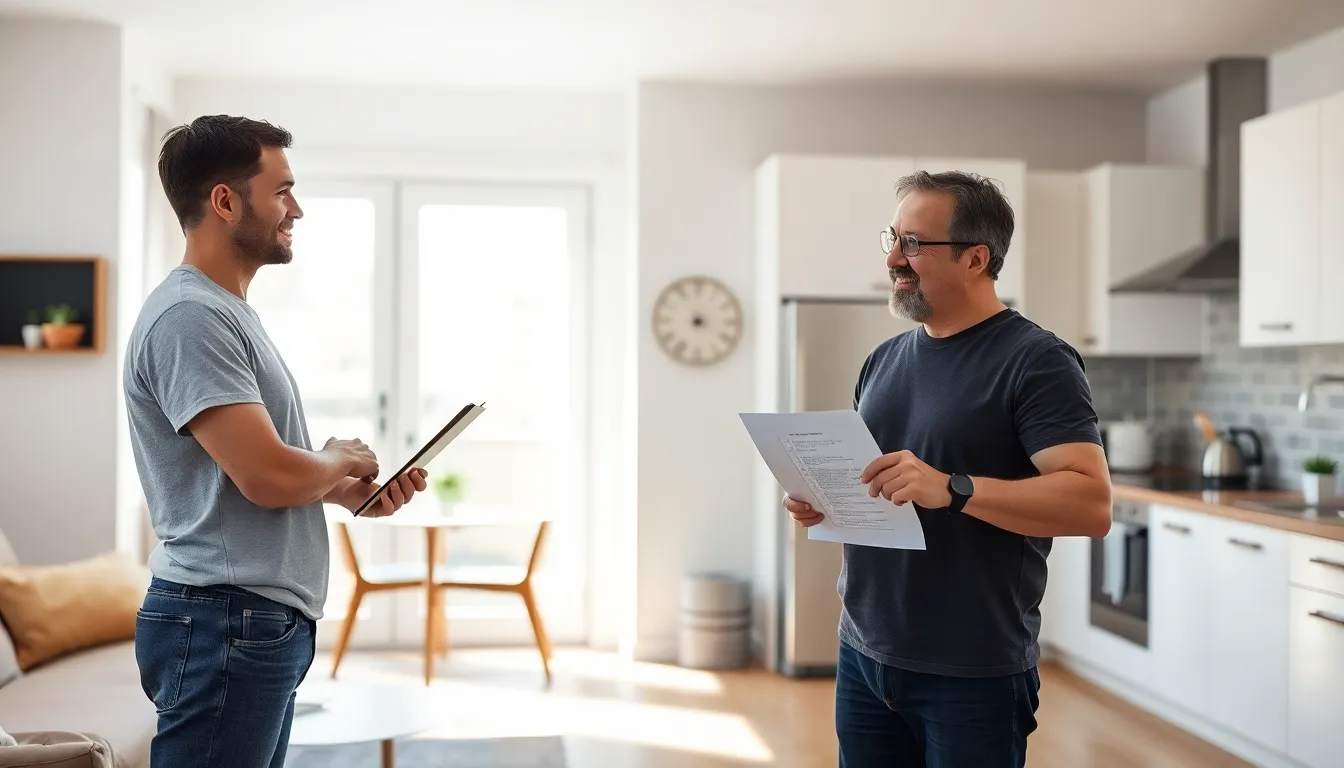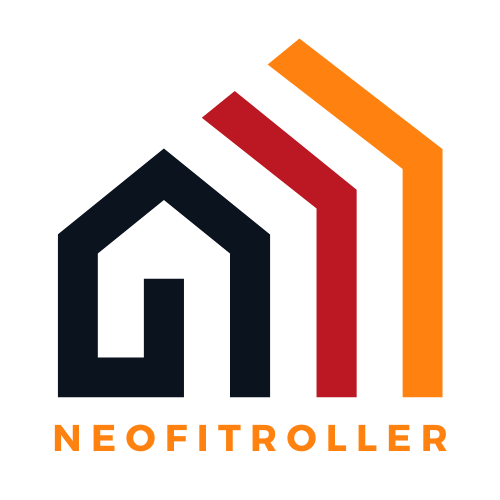Table of Contents
ToggleFinding the perfect rental can feel like a game of chance. It’s a bit like dating—first impressions matter, but you don’t want to end up with a landlord who ghost you when things get tough. Before signing that lease, it’s crucial to ask the right questions. After all, you wouldn’t buy a used car without checking under the hood, would you?
Importance Of Asking The Right Questions
Asking the right questions when dealing with potential landlords prevents costly mistakes. Clarifying essential terms like rent, security deposits, and lease duration early on ensures transparency. Gathering specific information about utilities and maintenance responsibilities contributes to informed decisions.
Inquiring about policies, such as guest restrictions and pet rules, helps avoid surprises. Understanding these details establishes clear expectations for both parties. Knowing the procedures for repairs and emergency contacts guarantees quick resolutions in urgent situations.
Requesting information on renewal terms and rent increases allows for long-term planning. Being aware of the surrounding neighborhood and amenities can influence lifestyle decisions. Examining the landlord’s responsiveness can indicate future interaction quality.
Discussing pest control practices and lease breach consequences ensures a safe living environment. Identifying restrictions on modifications or personal adjustments to the rental unit proves crucial for comfort. Recognizing the implications of breaking a lease can affect financial security.
Establishing open communication with landlords fosters a healthier rental relationship. Engaging in this dialogue enhances understanding, setting the stage for a smooth tenancy. prioritizing these inquiries results in a more satisfying rental experience.
Essential Questions To Ask

Asking specific questions leads to a better understanding of the lease and property conditions. Clarity benefits both tenants and landlords.
Lease Agreement Details
Verify important lease terms. Length of the lease affects commitment. Does the landlord allow subletting or early termination? Confirm the conditions for breaking the lease. Understanding renewal options and notice periods is critical for planning. Examine specific clauses on rent increases, penalties, and the process for transferring the lease. Clarity prevents misunderstandings.
Rent and Additional Costs
Inquire about the rent amount. Determine if it includes utilities like water, gas, or electricity. Explore fees beyond rent, such as maintenance or parking costs. Ask about security deposits and any conditions for its return. Clarifying these financial aspects prevents future disputes. Consider late payment penalties and their enforcement. Transparency shows reliability on both sides.
Property Maintenance and Repairs
Discuss maintenance responsibilities clearly. Identify who handles basic repairs and how to report issues. Ensure you understand the response time for urgent repairs. How does the landlord manage routine maintenance? Examine pest control practices and their frequency. Confirm how the landlord prioritizes repair requests to maintain property conditions. Open communication about repairs builds a healthier rental relationship.
Understanding The Neighborhood
Understanding the neighborhood enhances the rental decision process. Key factors to consider include safety, security, amenities, and services.
Safety and Security
Safety statistics, such as crime rates, offer critical insights into the neighborhood. Checking local crime maps, available online, clarifies safety concerns. Knowing the presence of street lighting or security patrols contributes to a sense of security. Local emergency services’ responsiveness influences comfort levels. Visiting the area at different times reveals how safe it feels.
Amenities and Services
Access to amenities greatly affects quality of life. Consider proximity to grocery stores, parks, and public transport. Understanding local services, like medical facilities and schools, impacts convenience. Nearby recreational facilities enhance daily experiences and foster community interaction. Exploring nearby restaurants and cafes can showcase lifestyle options. Researching the availability of internet services and utility options ensures connectivity.
Clarifying Policies and Procedures
Asking about policies and procedures helps avoid misunderstandings and ensures a smooth rental experience.
Pet and Guest Policies
Inquire about pet ownership rules. Many landlords impose breed restrictions or weight limits. Ask about additional fees or deposits related to pets. Understanding guest policies is also essential. Some landlords may limit guest stays to certain periods or may require notice when hosting visitors. Clarifying these policies early prevents future conflicts and creates a more comfortable living environment.
Termination and Renewal Procedures
Discuss lease termination conditions upfront. Confirm the notice period required before ending a lease. Inquire about potential fees for early termination and the process for returning the security deposit. Renewal terms matter too—understanding how rent might change during renewal aids in financial planning. Asking about notice requirements for renewal can prevent unexpected circumstances when deciding to stay or find a new place.
Asking the right questions can make all the difference when renting a property. It’s essential to clarify terms and expectations upfront to avoid misunderstandings later. By fostering open communication with potential landlords, tenants can create a solid foundation for a successful rental relationship.
Understanding the nuances of lease agreements and neighborhood dynamics can significantly enhance the rental experience. This proactive approach not only helps in making informed decisions but also contributes to a more satisfying living situation. When tenants prioritize transparency and thoroughness, they set themselves up for a positive renting journey.








